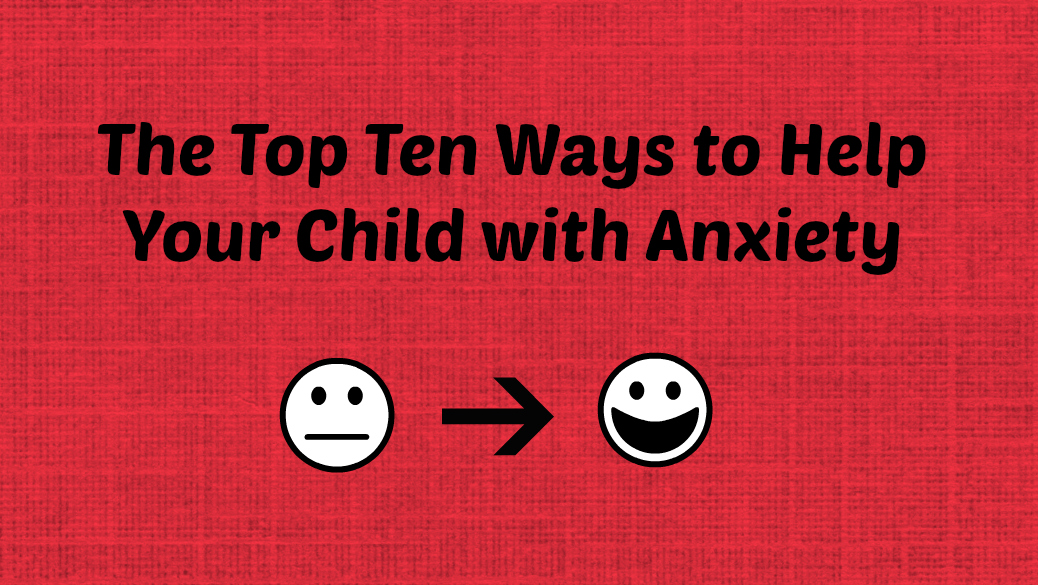-
Helping Your Child Develop a Growth Mindset
This post is the second post in a series on fixed vs. growth mindsets. Click here to catch up and see what the difference is between a fixed and a growth mindset.
So you think your child may approach the world with more of a fixed mindset than a growth mindset. Don’t worry – this isn’t set in stone! But what can you do about it? The following tips can help both you and your child develop more growth-oriented mindsets.
First of all, try not to judge or evaluate your child’s intelligence or talent in any way with your words.
Second, try to never label your child with any label. This includes both good and bad labels. We want our kids to see themselves as always growing and becoming, never confined to a label. Both positive and negative labels cause problems when your child has a fixed mindset. When they’re given a positive label, they’re afraid of losing it, and when they’re given a negative label, they’re afraid of deserving it.
I can see all of you wondering what exactly you’re supposed to tell your kids if you can’t say these things. In order to help them develop growth mindsets, when you praise them, do so in a way that doesn’t judge their intelligence or talent. Instead, praise them for what they accomplish through practice, effort, or persistence.
Praise them for working hard. Instead of, “Wow, you got an A! You’re so smart,” you could say “Wow, you studied so hard for that test, and your effort really paid off!”
Praise them for trying something new. “You ran in your first track meet even though I know you were scared, and that is something you can be very proud of.”
Praise them for continuing even when it was tough. “You spent so long figuring out how to do those math problems, even though you wanted to give up.”
Praise them for taking risks and challenging themselves. “You tried out for the school play and challenged yourself to do something new and that was kind of scary for you. You really pushed yourself out of your comfort zone here.”
When you’re talking with them about something where they didn’t do a great job, talk about trying harder and sticking with it even when it’s tough. “Swimming butterfly is pretty hard, and it’s going to take a lot of practice. If you really want to do well in the swim meets, maybe we need to come to the pool and practice more often, even though it’s not your favorite thing to do.”
This is also a great opportunity to encourage and praise your child for learning from mistakes. “I know you were upset that you didn’t get a good grade on that test, but I really love how you went to tutorials and worked with your teacher to learn those concepts afterward. If you’d gotten a 100% on that test, you couldn’t have learned anything from it – I’m so glad you’re using this opportunity to grow and learn.”
You can also help them come up with strategies to improve next time. Teach them that failure is a tool to learn from and use for next time. ” I wonder how you could study differently next time for a test. What did you do this time that felt like it helped? What didn’t help? Let’s brainstorm some ways that you can try and learn this material better next time.”
Imagine what your child’s life could be like if both you and your child truly believe that practice, effort, and persistence will pay off.
(Most of the information in this post is from the book Mindset by Carol Dweck. If you found this interesting and want to learn more, I’d highly recommend checking it out. She also has pages of references to the actual scientific studies behind these ideas in the book as well.)












